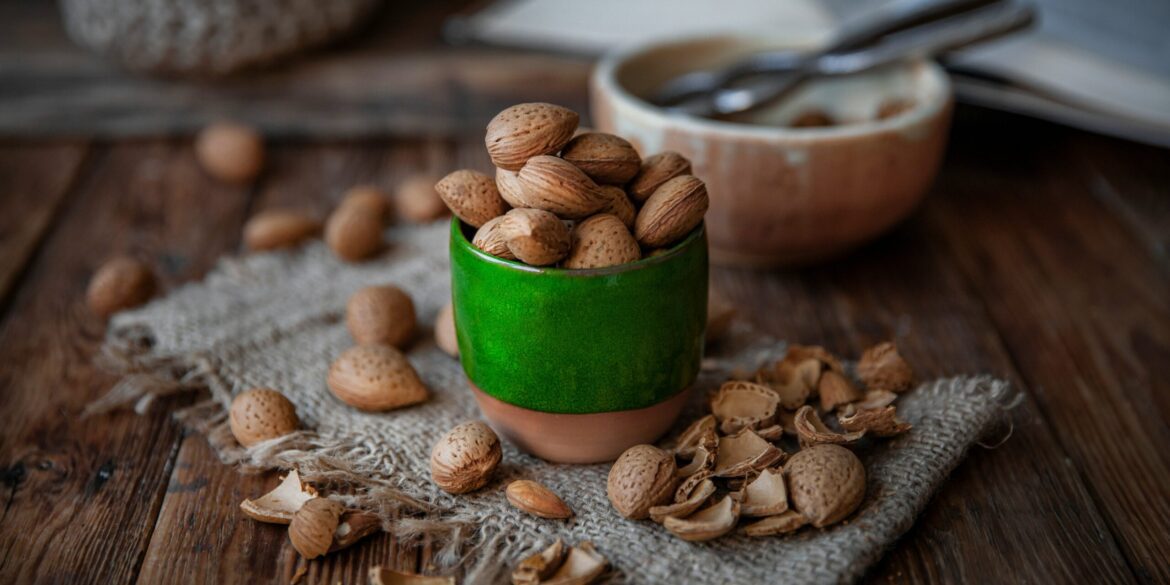A new study published on July 23, 2025, reports that eating pistachios before bedtime may significantly enhance the diversity and composition of the gut microbiome in adults, particularly those with prediabetes. The research, appearing in Current Developments in Nutrition, reveals that nightly pistachio intake over a 12-week period increased populations of short-chain fatty acid (SCFA)–producing bacteria—especially Roseburia and members of the Lachnospiraceae family—while reducing types of bacteria linked to adverse metabolic outcomes.
The randomized crossover trial involved 51 adult participants diagnosed with prediabetes. Each followed two 12-week dietary routines, separated by a washout period to prevent carryover effects. One routine featured the standard dietary advice for prediabetics: a nighttime snack consisting of 15–30 grams of carbohydrates (equating to one or two slices of whole-grain bread). In the other routine, participants replaced the carb snack with roughly two ounces (56–57 grams) of unsalted, dry-roasted pistachios each night before bed.
Stool samples were collected before and after each phase and analyzed using 16S rRNA gene sequencing, enabling detailed profiling of gut bacterial communities.
Following the pistachio diet, participants exhibited higher abundances of beneficial bacteria known for producing butyrate, an SCFA essential for colon cell energy, gut barrier maintenance, and anti-inflammatory activity. Notable increases were seen in Roseburia and Lachnospiraceae families.
Conversely, the pistachio snack reduced the presence of potentially harmful bacteria, including Blautia hydrogenotrophica, linked to compounds that may damage kidney and heart health, and Eubacterium flavonifractor, which degrades antioxidant-rich food compounds.
Senior author Kristina Petersen, an associate professor of nutritional sciences at Penn State, stated, “Pistachios seem to be able to meaningfully shift the gut microbial landscape in adults with prediabetes, especially when consumed as a nighttime snack.” She emphasized that although metabolic markers like blood glucose did not show immediate improvement, the long-term benefits—such as reduced inflammation and slower progression toward Type 2 diabetes—may emerge over time.
The gut microbiome—comprising trillions of microorganisms—plays a critical role in regulating immune function, inflammation, and metabolic processes such as blood sugar control. Increasing evidence links greater diversity of SCFA-producing bacteria, particularly butyrate producers, to improved intestinal health, reduced systemic inflammation, and a lower risk of metabolic diseases.
Pistachios themselves are nutrient-dense, delivering fiber, healthy fats, antioxidants, vitamins, and minerals. Prior studies have shown they support heart health by lowering LDL cholesterol, aid in blood sugar regulation, promote satiety, and possibly assist in weight management—all elements relevant to prediabetes prevention and management.
Dietary guidelines for prediabetics often recommend a small carbohydrate snack before bedtime to stabilize overnight blood glucose and prevent morning hypoglycemia, typically via whole-grain products. However, this study suggests that substituting pistachios for these carb-based snacks may offer additional gut health advantages, even if both types produce similar immediate glucose responses.
Lead author Terrence Riley, a postdoctoral research fellow at Louisiana State University who conducted the research at Penn State, noted: “A common dietary recommendation … is to consume a nighttime snack consisting of 15 to 30 grams of carbohydrates … As an example, you could eat one or two slices of whole grain bread.”
The study’s randomized crossover design is a significant strength, minimizing individual variability in gut composition and providing more reliable comparisons. The 12-week duration per phase allowed researchers to observe meaningful microbial shifts rather than temporary fluctuations associated with acute dietary changes.
However, it is important to recognize that while microbiome changes were clearly observed, the study did not report immediate improvements in key metabolic metrics such as HbA1c, insulin sensitivity, or inflammatory markers. Additional longitudinal research is needed to determine whether these gut shifts translate into tangible health outcomes over a longer period.
Prediabetes affects roughly one-third of Americans, with the majority progressing to Type 2 diabetes without intervention. Early dietary modifications can be crucial in averting or delaying progression. This study introduces a low-cost, accessible strategy: opting for pistachios instead of simple carbohydrates as a nightly snack. The potential to cultivate a microbiome that supports metabolic and inflammatory regulation is particularly compelling.
Medical professionals already advise increased intake of fiber, antioxidants, and healthy fats—all supported by pistachios. This research adds depth by demonstrating how pistachios actively reshape gut microbiota in a favorable manner.
Future studies should assess whether long-term pistachio consumption leads to measurable outcomes such as lowered progression to Type 2 diabetes, improved inflammatory status, or enhanced insulin sensitivity. Research should also explore whether similar microbiome benefits occur in individuals without prediabetes and determine optimal relevant serving sizes, frequency of intake, and timing of consumption.
The July 23, 2025, study offers robust evidence that replacing traditional carb-based bedtime snacks with pistachios can promote significant shifts in gut microbiota—enhancing the abundance of beneficial SCFA-producing bacteria and reducing potentially harmful species in adults with prediabetes. While immediate metabolic advantages may not be apparent, such microbiome alterations hold promise for long-term health benefits, including improved gut integrity, reduced inflammation, and protection against metabolic deterioration.
For those managing prediabetes, incorporating approximately two ounces of pistachios into their evening routine may provide dual advantages: stable overnight blood glucose levels and a supportive gut microbial environment. As scientific understanding of the microbiome’s role in metabolic well-being deepens, this simple dietary swap may offer a meaningful supplement to existing nutritional recommendations.

